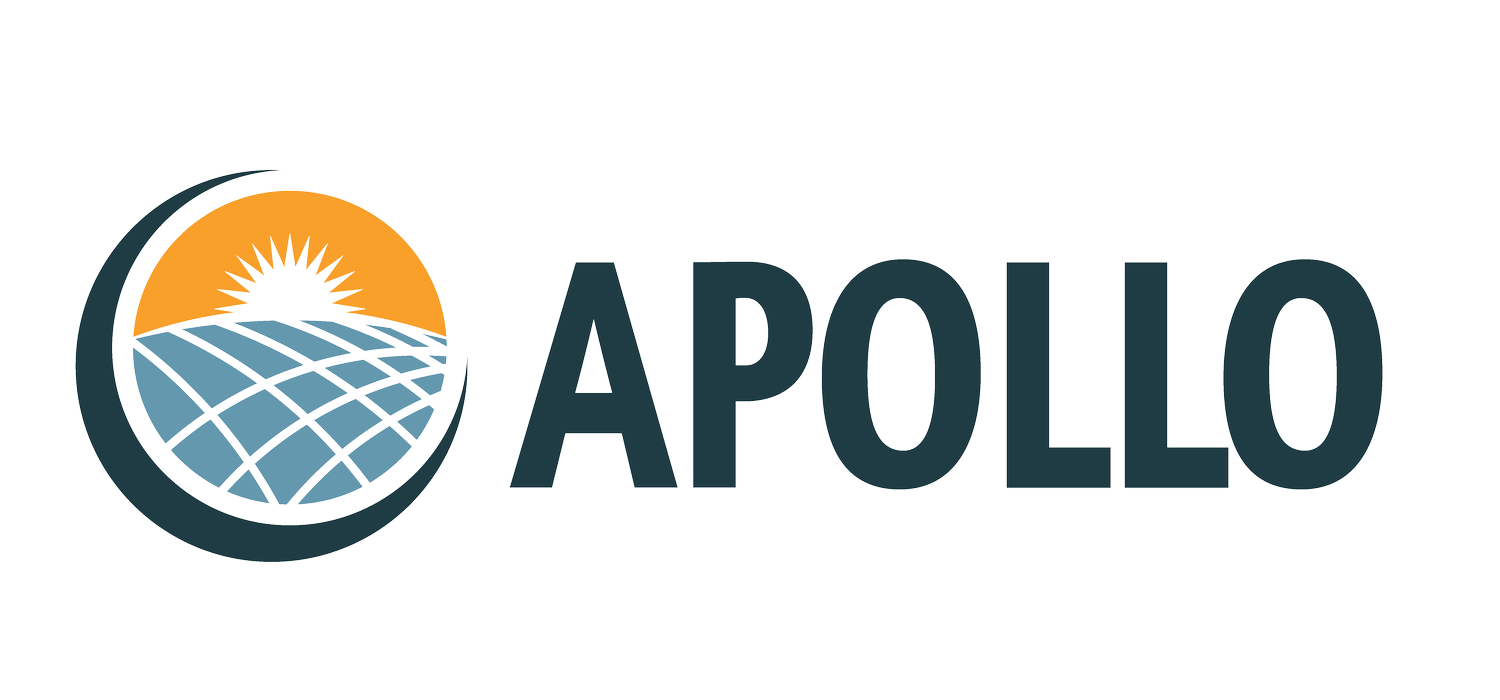Defining a digital PV passport and marketplace for circular solar
What if every PV module came with a “digital ID card” that travelled with it from production to end-of-life – and into its second life?
In APOLLO, this idea is becoming more concrete through the development of a Digital Product Passport (DPP) for PV modules and a PV-focused online marketplace, both designed to support transparency, circularity and future regulatory compliance.
A PV-specific Digital Product Passport
Deliverable D7.1 sets out a concept for a PV Digital Product Passport (PV DPP) that brings together essential information about a PV module across its life cycle. The passport aims to support:
Efficient installation, operation and maintenance,
Reuse, repowering and refurbishment, and
Environmentally sound dismantling and recycling at end-of-life.
The PV DPP concept is aligned with the emerging European framework on Digital Product Passports under the Ecodesign for Sustainable Products Regulation (ESPR) and draws on existing standards such as EN 50380 for PV module marking and documentation, as well as experience from the EU Battery Regulation and digital battery passports.
To implement the PV DPP, APOLLO builds on the Minespider platform – a blockchain-based infrastructure for digital product passports originally developed in other EU projects. For APOLLO, new PV-specific data templates have been created, including:
A PV component template,
A PV panel template reflecting EN 50380 requirements, and
A streaming protocol template that captures detailed technical and material data for individual modules.
These templates allow users to record information on performance, composition, safety, circularity metrics and regulatory data, while deciding which data are public and which are shared only with specific partners along the value chain.
How the PV DPP works in practice
Within the Minespider platform, users can:
Log in and manage PV DPPs via a dashboard,
Generate a new passport by defining the product (e.g. PV panel, component),
Attach relevant certificates and data collected through the PV templates, and
Benefit from an automatically generated QR code that links to the passport.
Each PV DPP is anchored on a blockchain via an encrypted hash, creating an immutable record and enabling a traceable chain of custody as the module moves between manufacturers, operators, service providers and recyclers.
A marketplace for PV products and services
The deliverable also defines a concept for a Marketplace for Photovoltaics that is backed by these digital passports. The marketplace is designed as a user-friendly online platform where actors across the PV value chain can:
Offer used PV modules and components for reuse, repowering or recycling,
Publish product requests (e.g. demand for specific types of used modules),
List service offers such as transport, testing, dismantling, refurbishment or recycling, and
Post service requests related to PV installations and end-of-life management.
Each listing can be linked directly to a corresponding PV DPP on the Minespider platform, giving potential buyers or partners access to verified technical and sustainability information about the product. Standard marketplace features, such as search and filtering options, maps, watchlists and user dashboards for managing listings and enquiries, are also included in the concept.
By combining digital product passports with a PV-specific marketplace, APOLLO aims to make it easier to identify suitable second-life options, plan high-quality recycling, and support circular business models in the solar sector.
More detailed information about the digital PV passport concept, data templates and marketplace design can be found in the public deliverable via the link below.
